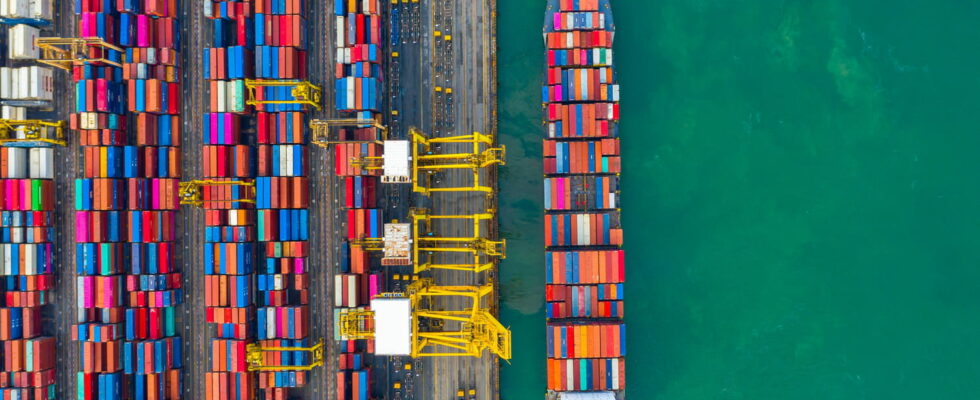Within the countries of the European Union, the Mercosur-EU treaty is creating a lot of political turmoil. For farmers, the measures he plans are very feared.
“France will not sign this Mercosur treaty as it stands,” Emmanuel Macron told the press on Sunday, November 17, on the tarmac before flying to Rio de Janeiro, where the G20 is being held, from Monday to Tuesday. This treaty, for which many farmers are demonstrating throughout France, is a proposed free trade trade agreement between the European Union and the countries of the “Mercado Comun del Sur” (Mercosur), a trade bloc bringing together Brazil , Argentina, Paraguay, Uruguay and Bolivia. If concluded, it would become the EU’s largest free trade agreement with 800 million people affected and 40 and 45 billion euros in imports and exports.
This agreement should allow French and European companies to export more industrial products and services to Mercosur countries. In return, South American producers will be able to export more food and agricultural products to the EU. It is often presented, schematically, as a “meat for cars” agreement.
First of all, this project has raised serious concerns for years due to the massive arrival of South American foodstuffs on the French market. The first explosive measure of this agreement is the removal of customs duties on the import of several products: on 45,000 tons of honey, 60,000 tonnes of rice or 180,000 tons of sugar.
Although France is the most vehement in its opposition, many European countries have mobilized to make their disagreements heard. The conditions of competition are thus considered unfair given the way in which foodstuffs are produced in South America. Indeed, their agricultural products do not correspond to European environmental, health and social standards, creating for some observers unequal export conditions between the two partners: “With this agreement, our meat will remain on our hands… And the breeding will already be completely dead!”, predicts the president of Rural Coordination, Véronique le Floc’h in Le Figaro.
A “disastrous impact” for French agriculture
This is also the second shock measure of the agreement with Mercosur: it provides for quotas of 99,000 tonnes of Latin American beef, taxed at 7.5%, quotas of 60,000 tonnes of beef. and quotas of 180,000 tonnes of poultry exempt from customs duties. This significant reduction in tariff barriers worries the entire European agricultural sector, from which higher quality standards are demanded and whose production costs are higher.
Despite the economic gains for the EU, due to the massive export of industrial products and services to South America, such as wine, cars or olive oil, many countries fear negative effects on environment and health. This is the third shock measure of this agreement: the increase in imports of meat, ethanol and soya make agricultural monoculture the most profitable presupposition. Monoculture is, however, one of the major drivers of deforestation in the Amazon and the Cerrado.
Furthermore, the “conditionalities” on the sectors concerned are not guaranteed. “In theory, meat treated for example with antibiotics and growth hormones cannot enter, but in practice traceability is imperfect. There are audits of slaughterhouses organized with the Commission, but we do not easily track livestock before this. “Tracing from birth to slaughter, in Mercosur, only exists in Uruguay”, explains economist Stefan Ambec to Le Figaro.
In 2020, Stefan Ambec already highlighted in a report that the economic gains from the agreement would not offset its environmental costs due to increased greenhouse gas emissions and deforestation caused by increased South-South exports. American.
Prime Minister Michel Barnier, who denounces the “disastrous impact” of the Mercosur-EU treaty “on entire agricultural and livestock sectors”, refuses that the country accepts it “under current conditions”. Despite everything, France, if alone, is incapable of blocking the ratification of this agreement. On the other hand, it can succeed in convincing other countries: if it brings together at least four, it will be able to prevent its adoption by the European Union.
